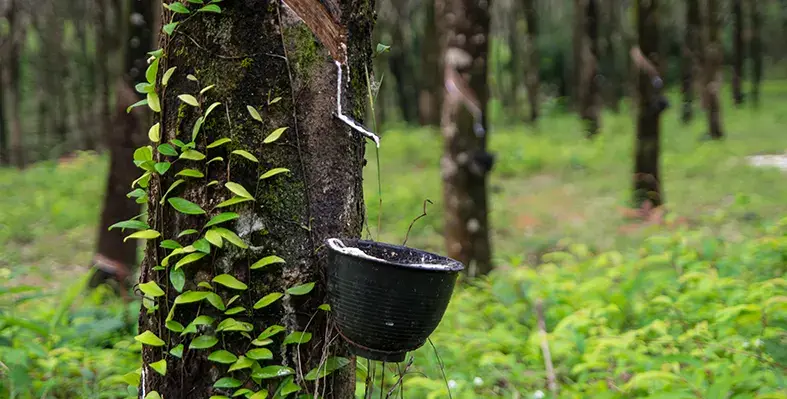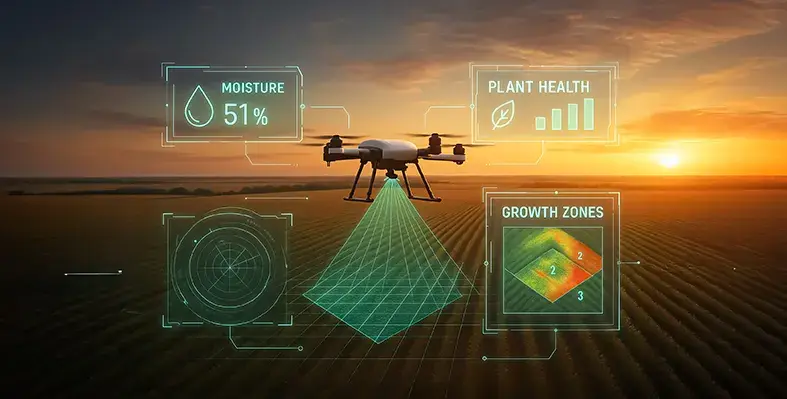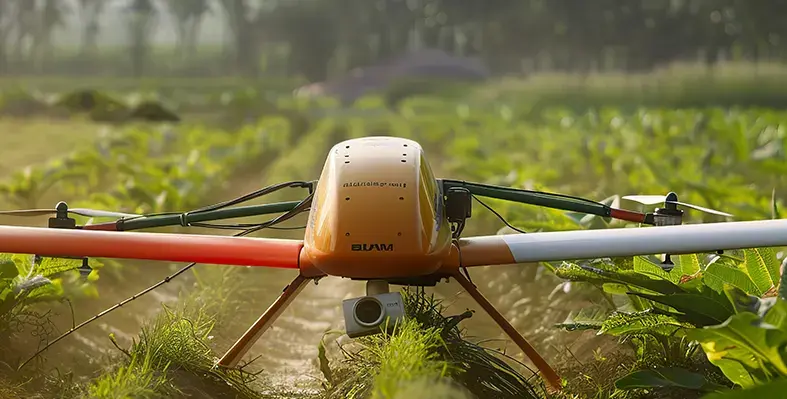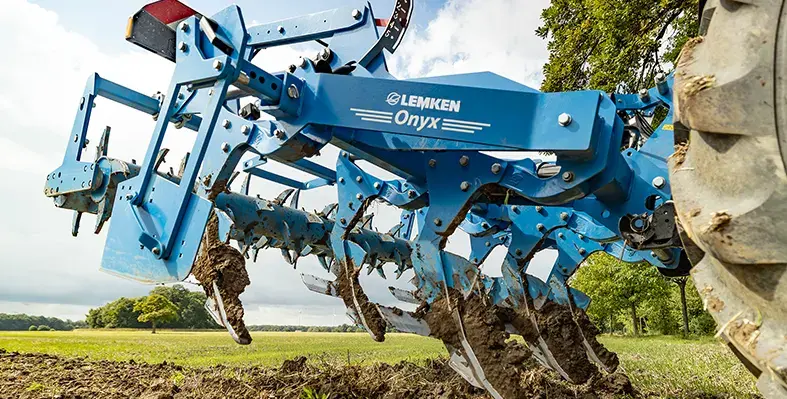As dawn breaks in Liberia’s countryside, Moses Dolo begins his daily routine, carefully cutting rubber trees to collect the latex that drips into cups
It’s painstaking work, but one he knows well. By May, Dolo had collected nearly three tons-enough to earn about US$1,500. “Rubber farming is labor-intensive,” he says. “If you want to earn a profit as a smallholder, you need to be involved in tapping, not just rely on workers.”
But just as he was ready to sell, he was hit with crushing news: Firestone, Liberia’s largest rubber buyer, had halted all purchases. The company called the government’s new pricing policy “unsustainable.”
“I had grown used to the uncertainties of the business, fluctuating prices and irregular buyers,” Dolo remembers. “But nothing prepared me for what happened in June.” He was left with unsold latex-three tons of wasted effort and dashed hope.
This experience has been common for smallholders, who for decades relied on Firestone’s unpredictable buying habits. That changed in August when Dolo heard about the Jeety Rubber Factory in Weala, Margibi County. Built at a cost of US$35mn, the facility now buys rubber directly from smallholders at the government’s set price of us$574.06 per ton.
“The factory is a blessing,” Dolo says. “We no longer worry about whether Firestone will buy or not… they pay cash immediately. It is direct.”
For many farmers, Jeety has brought a lifeline. The government’s pricing formula includes deductions for taxes and contributions to industry bodies, leaving smallholders with a net of $545.93 per ton. The rate is based on monthly averages from the Singapore Commodity Exchange and includes a modest profit margin for processors.
Experts see this as a long-overdue correction in a market that’s long disadvantaged smallholders. Unlike Firestone, Jeety depends almost entirely on these local producers and needs far more latex than its own 4,400-hectare plantation can provide. Daily demand is expected to rise to 400 tons.
Merey Napal explains, “If you or your workers are strong enough, and your trees aren’t too old, you can sell three tons weekly, that’s US$1,722 or more monthly.”
The Jeety model has sparked a revival in smallholder confidence and planning. “Recently, many farmers have begun replanting, which is excellent for long-term sustainability,” says Jerry Sumoward, weighing nearly 11 tons at the factory yard.
With Jeety spending around US$803,000 weekly on latex, and projecting annual purchases of US$40–50mn, optimism is growing. Backed by replanting loans repaid gradually from sales, smallholders like Hawa Singbeh now see a future in rubber.
“Now, with the company’s support, I am replanting and expanding my farm… My children can see that rubber farming has a future now.”








